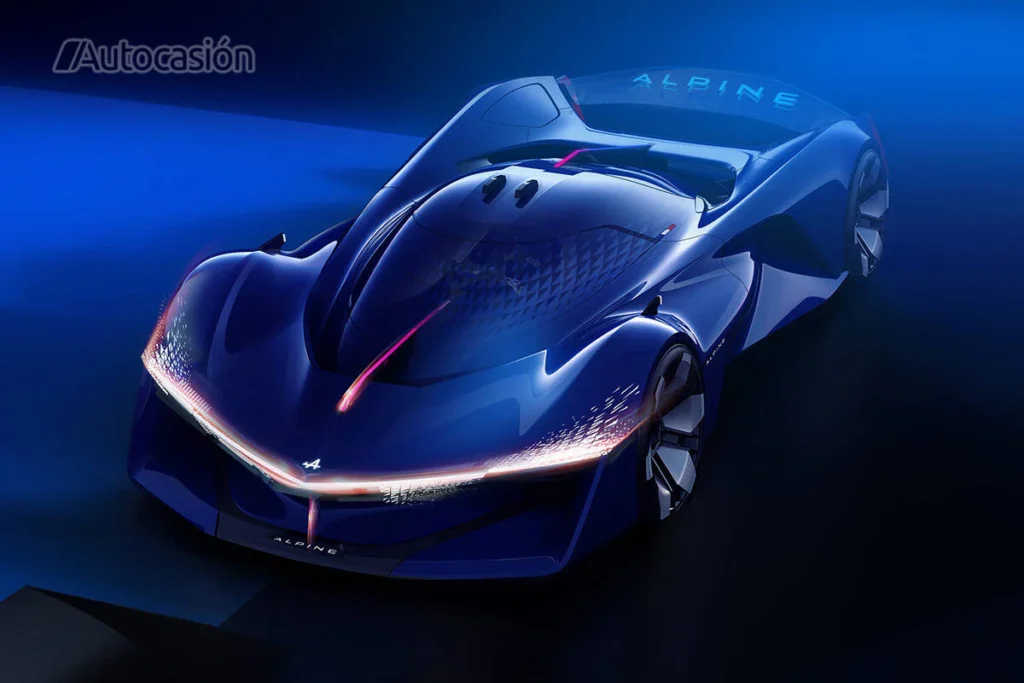As the world grapples with the pressing need for sustainable solutions to combat climate change, hydrogen cars have emerged as a beacon of hope in the realm of zero-emission transport. These innovative vehicles utilize hydrogen fuel cells to generate electricity, emitting only water vapor as a byproduct. This groundbreaking technology not only promises to reduce our carbon footprint but also offers a glimpse into a cleaner, greener future for transportation. In this article, we will delve into the fascinating world of hydrogen cars and explore their potential to revolutionize the automotive industry.
Throughout this article, readers will discover the key advantages of hydrogen cars, including their efficiency, refueling speed, and long driving range compared to traditional electric vehicles. We will also examine the current state of hydrogen infrastructure, the challenges that lie ahead, and the role of government policies in promoting this eco-friendly technology. By understanding these critical aspects, you will gain insight into why hydrogen cars are not just a fleeting trend but a viable solution for sustainable transport.
Moreover, we will highlight some of the leading manufacturers in the hydrogen vehicle market and their groundbreaking innovations. As we navigate through the complexities of hydrogen technology, we invite you to join us on this enlightening journey. Stay with us to uncover how hydrogen cars could shape the future of transportation and contribute to a more sustainable planet for generations to come.
As the world grapples with the pressing issue of climate change, hydrogen cars have emerged as a promising solution for zero-emission transport. These vehicles utilize hydrogen fuel cells to generate electricity, emitting only water vapor as a byproduct. This article delves into various aspects of hydrogen cars, exploring their potential to revolutionize the automotive industry.
The Technology Behind Hydrogen Fuel Cells
Hydrogen fuel cells operate on a simple principle: they convert hydrogen gas into electricity through a chemical reaction with oxygen. This process involves an anode and a cathode, where hydrogen molecules are split into protons and electrons. The electrons create an electric current, which powers the vehicle, while the protons pass through a membrane to combine with oxygen, producing water as the only emission. This clean energy technology is at the heart of hydrogen cars, making them a viable alternative to traditional fossil fuel vehicles.
Moreover, advancements in fuel cell technology have significantly improved the efficiency and durability of hydrogen cars. Manufacturers are investing in research to enhance the performance of fuel cells, aiming for longer ranges and faster refueling times. As these technologies continue to evolve, hydrogen cars are becoming increasingly competitive with battery electric vehicles (BEVs) in the race for sustainable transport solutions.
Environmental Benefits of Hydrogen Cars
One of the most compelling reasons to consider hydrogen cars is their environmental impact. Unlike conventional vehicles that emit greenhouse gases, hydrogen cars produce zero tailpipe emissions. This characteristic positions them as a key player in reducing air pollution and combating climate change. The use of hydrogen, especially when produced from renewable sources, can significantly lower the carbon footprint associated with transportation.
Additionally, hydrogen can be produced through various methods, including electrolysis powered by renewable energy sources like wind and solar. This means that the entire lifecycle of hydrogen production and consumption can be made sustainable, further enhancing its appeal as a clean energy source. As cities and countries strive to meet stringent emissions targets, hydrogen cars offer a practical solution to achieve these goals.
Infrastructure Challenges and Developments
Despite the advantages of hydrogen cars, the lack of infrastructure remains a significant barrier to widespread adoption. Hydrogen refueling stations are currently limited in number, making it challenging for consumers to consider hydrogen vehicles as a viable option. However, governments and private companies are beginning to invest in the development of hydrogen infrastructure, recognizing its importance for the future of transportation.
Efforts are underway to establish a network of refueling stations, particularly in urban areas and along major highways. For instance, countries like Japan and Germany are leading the way in building hydrogen infrastructure, with ambitious plans to expand their networks. As more refueling stations become available, the convenience of hydrogen cars will increase, encouraging more consumers to make the switch from traditional vehicles.
Economic Implications of Hydrogen Vehicles
The transition to hydrogen cars also has significant economic implications. The hydrogen economy presents opportunities for job creation in various sectors, including manufacturing, infrastructure development, and renewable energy production. As the demand for hydrogen vehicles grows, so too will the need for skilled workers to support this emerging industry.
Moreover, the production of hydrogen fuel can stimulate local economies, particularly in regions rich in renewable energy resources. By harnessing local energy sources for hydrogen production, communities can reduce their reliance on imported fossil fuels, leading to greater energy independence and economic resilience. This shift not only benefits the environment but also fosters sustainable economic growth.
Comparison with Battery Electric Vehicles (BEVs)
When discussing zero-emission transport, it’s essential to compare hydrogen cars with battery electric vehicles (BEVs). Both technologies aim to reduce greenhouse gas emissions, but they do so in different ways. Hydrogen cars offer faster refueling times and longer ranges, making them suitable for long-distance travel. In contrast, BEVs typically require longer charging times and may have limited range, depending on the battery capacity.
However, BEVs benefit from a more established charging infrastructure, which can make them more convenient for everyday use. As the market evolves, it is likely that both hydrogen and battery electric vehicles will coexist, catering to different consumer needs and preferences. Understanding the strengths and weaknesses of each technology will be crucial for consumers and policymakers alike.
The Future of Hydrogen Cars in the Automotive Industry
The future of hydrogen cars looks promising, with increasing interest from automakers and governments worldwide.
| Aspect | Description |
|---|---|
| Definition | Hydrogen cars are vehicles that use hydrogen as a fuel source to power an electric motor, emitting only water vapor as a byproduct. |
| Environmental Impact | Hydrogen cars contribute to zero-emission transport by reducing greenhouse gas emissions and air pollutants, making them an eco-friendly alternative to traditional fossil fuel vehicles. |
| How They Work | Hydrogen fuel cells convert hydrogen gas into electricity through a chemical reaction with oxygen, powering the vehicle’s electric motor. |
| Advantages | Hydrogen cars offer quick refueling times, longer driving ranges compared to battery electric vehicles, and reduced dependency on fossil fuels. |
| Challenges | Challenges include the high cost of fuel cell technology, limited hydrogen refueling infrastructure, and the energy-intensive process of hydrogen production. |
| Current Market | Several manufacturers, including Toyota, Honda, and Hyundai, have introduced hydrogen fuel cell vehicles, but market adoption remains limited compared to battery electric vehicles. |
| Future Prospects | With advancements in technology and increased investment in hydrogen infrastructure, hydrogen cars have the potential to play a significant role in the future of sustainable transportation. |



